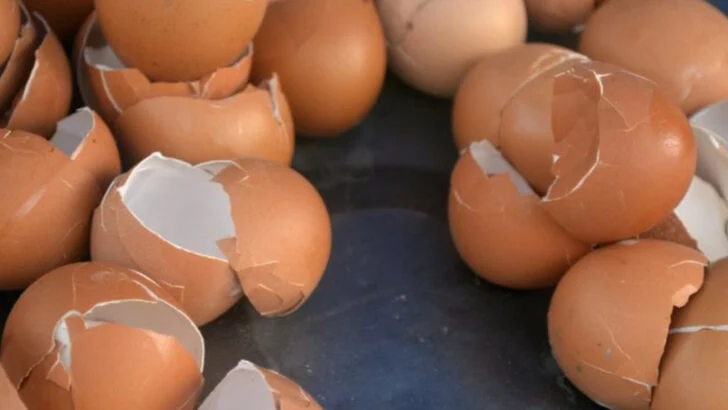Some of the stuff you’ve been avoiding in your garden? Turns out, it might actually be doing your plants a favor. From “weeds” that fix your soil to coffee grounds and banana peels you’ve probably tossed in the trash, these so-called plant “problems” might just be your garden’s secret weapons.
We’ve all heard the advice: Don’t water at night, don’t let plants touch, keep it tidy. But when it comes to growing healthy, happy greenery, a few of those “rules” deserve to be broken. In fact, some of the things that look messy, weird, or wrong may be exactly what your plants need to grow faster, stronger, and with less effort from you.
Here are 14 surprising things you might’ve avoided in your garden—only to discover they’re doing more good than harm.
Coffee Grounds
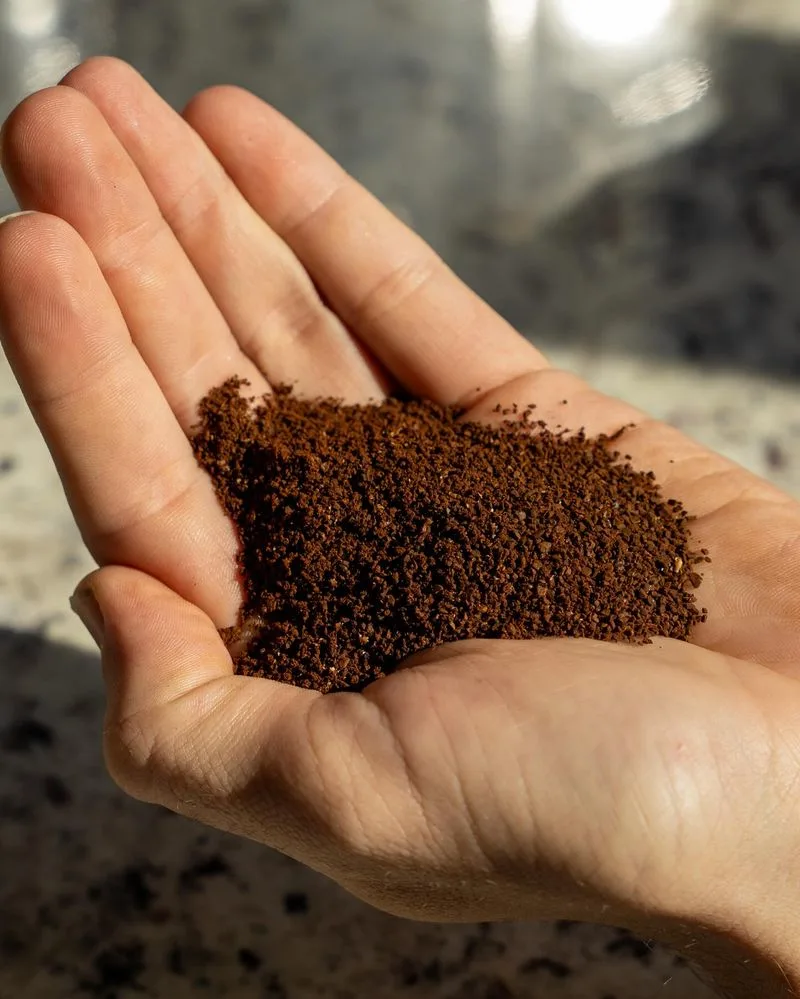
Believing coffee grounds are harmful? Think again! These tiny granules can work wonders for your garden. Rich in nitrogen, they boost the soil’s fertility, promoting healthy plant growth. Not only do they enrich the soil, but they also repel common pests due to their gritty texture. This natural deterrent keeps your garden thriving without harmful chemicals.
If you’re worried about acidity, rest easy. Used grounds are pH neutral. Spread them around your plants, and watch your garden flourish with this eco-friendly alternative.
Eggshells
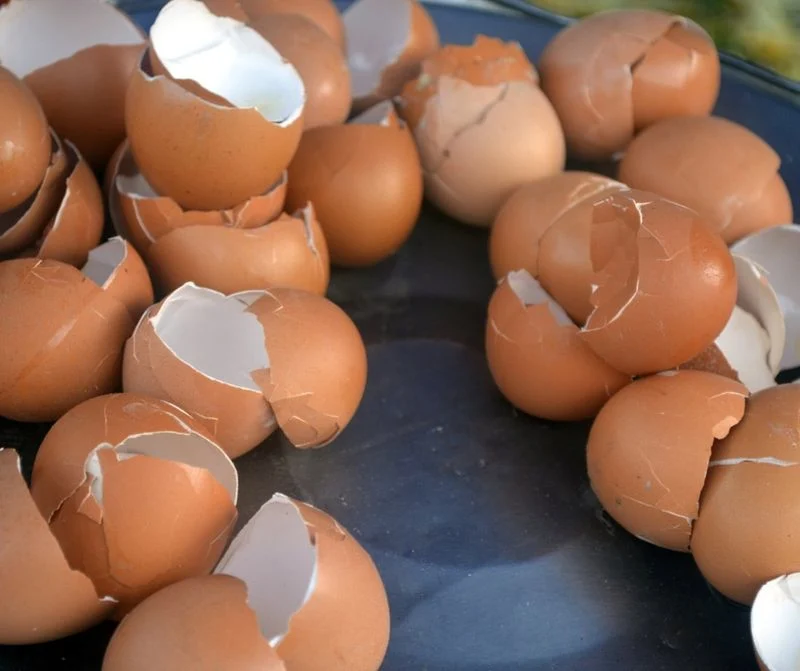
Crushed eggshells might look like litter, but they are a garden’s best friend. Packed with calcium, they enrich the soil, strengthening plant cell walls. This added strength helps plants resist diseases and thrive. When used as mulch, eggshells deter slugs and snails, protecting tender shoots.
Their slow decomposition ensures a steady release of nutrients, giving plants a sustained boost. Sprinkle them around your garden and watch your plants stand tall and vibrant. Embrace this kitchen waste, transforming it into a gardening ally.
Banana Peels
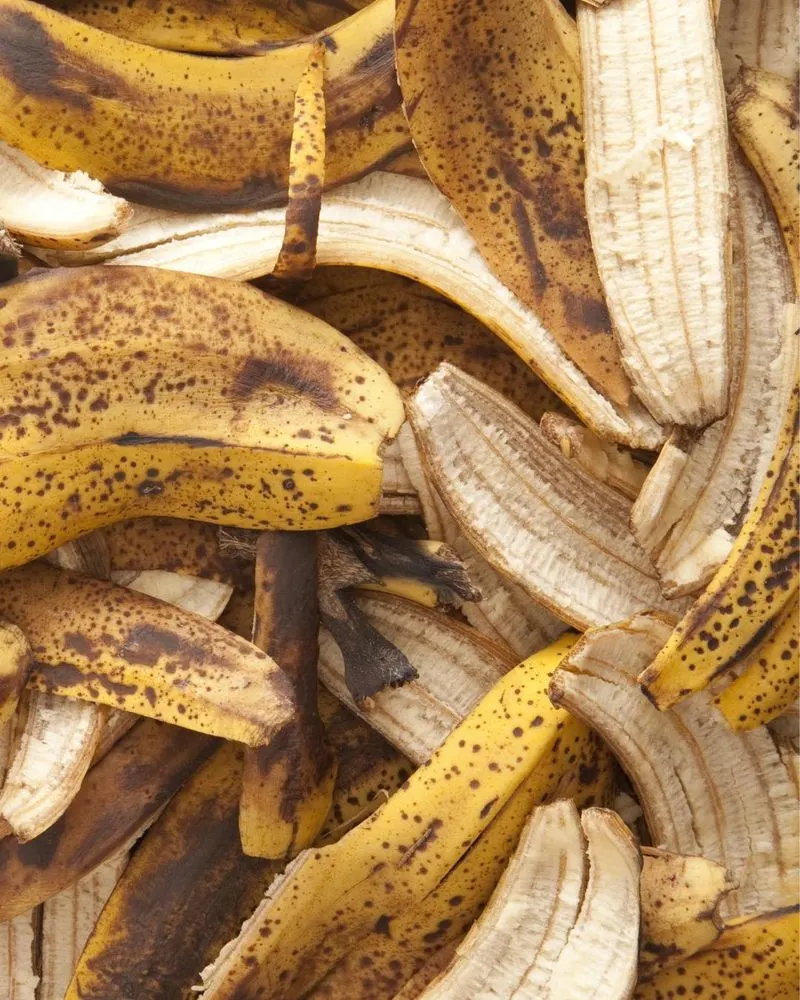
Discarded banana peels often head straight for the trash, but they hold secret gardening powers. Loaded with potassium, they are a natural fertilizer, strengthening plant root systems and enhancing flowering. Their easy decomposition makes them an efficient nutrient source.
Bury them near plant roots or add to compost to see vibrant blooms and robust growth. Not only do they nourish, but they also invite beneficial insects that contribute to plant health. Embracing banana peels is a simple, eco-friendly gardening hack.
Aspirin
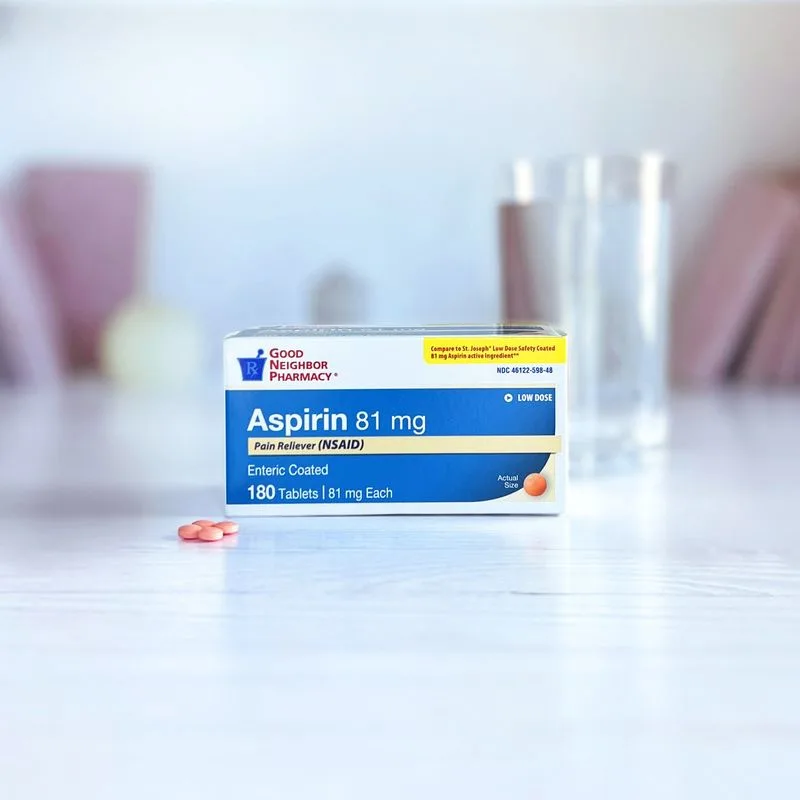
Aspirin isn’t just for headaches. This common household drug can invigorate plants by boosting their immune systems. Salicylic acid, its active ingredient, enhances plants’ disease resistance, leading to vibrant growth.
Dissolve a tablet in water and use it to water your plants, especially if they’re stressed. The result? Sturdier, healthier plants with increased resistance to pathogens. It’s a medicinal boost for your greenery, turning aspirin into a surprising ally in plant care.
Music

The idea of music affecting plant growth sounds whimsical, but it’s grounded in science. Rhythmic vibrations from music, especially classical or jazz, encourage plants to grow healthier and stronger.
These vibrations stimulate the production of growth-promoting hormones, enhancing their development. Playing music for a few hours daily can lead to noticeable improvements in plant vitality. So, let the symphonies play, and watch your plants sway to the rhythm of growth.
Aquarium Water
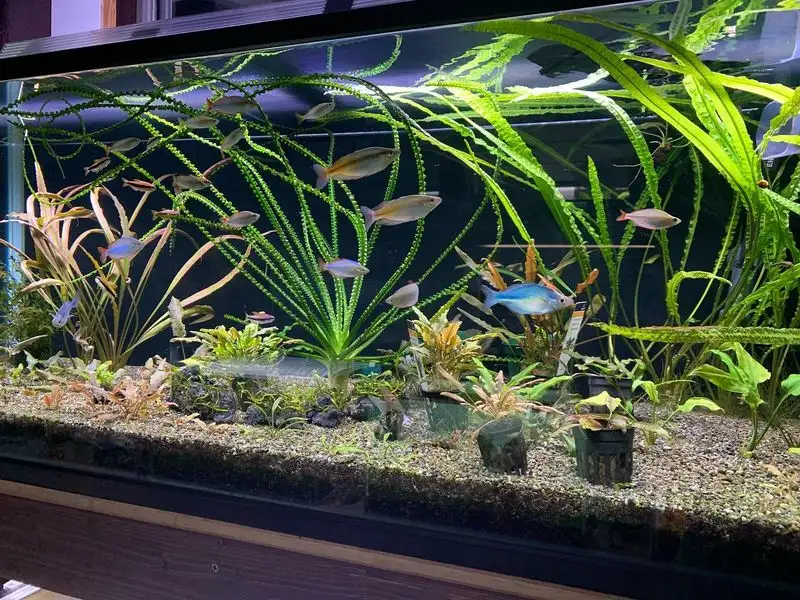
Aquarium water, often seen as waste, holds nutrient-rich potential for gardens. Loaded with nitrogen, phosphorus, and potassium, it acts as a natural fertilizer. These nutrients promote lush, vigorous growth in plants.
Using this water conserves resources and recycles waste, benefiting both your garden and the environment. Pour it directly onto the soil around your plants, and witness the transformation. Aquarium water is a sustainable choice, turning fish waste into plant treasure.
Milk
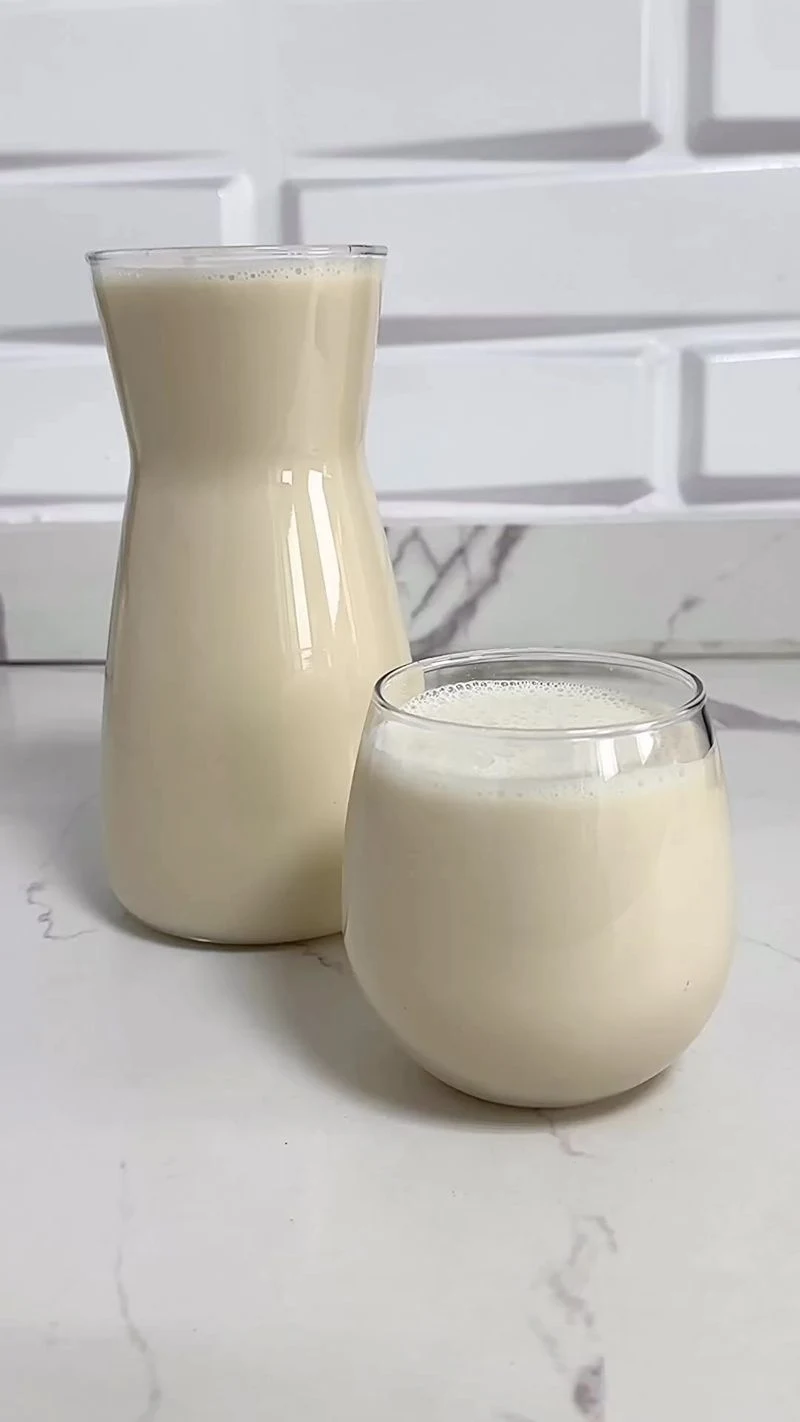
Spilling milk might not bring tears when you know its gardening benefits. Rich in calcium and other minerals, milk nurtures plants while fending off fungal diseases.
Mix milk with water and apply to leaves or soil to reduce mildew and boost nutrient intake. This dairy delight strengthens plant tissues, promoting overall health. With its protective and nourishing qualities, milk becomes a gardener’s unexpected ally.
Epsom Salt
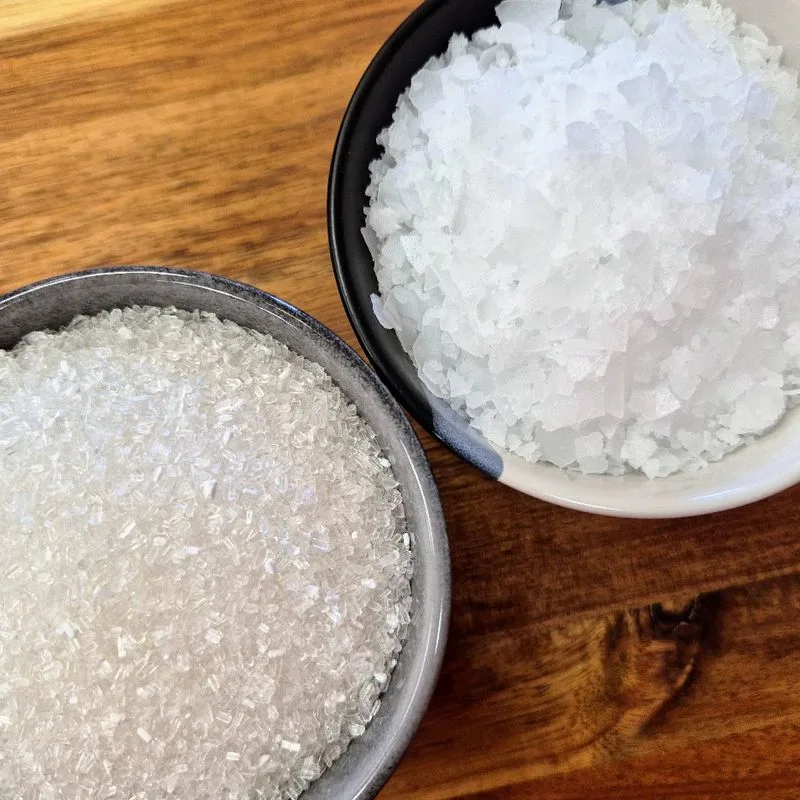
Epsom salt, often reserved for baths, can revitalize your garden. Composed of magnesium sulfate, it enhances chlorophyll production, crucial for photosynthesis. This means greener, more robust plants that can flourish even under challenging conditions.
Sprinkle it in the soil or dissolve in water for a foliar spray, especially for tomatoes or roses. With Epsom salt, you’re not just pampering yourself but also giving your garden a nourishing treat.
Vinegar
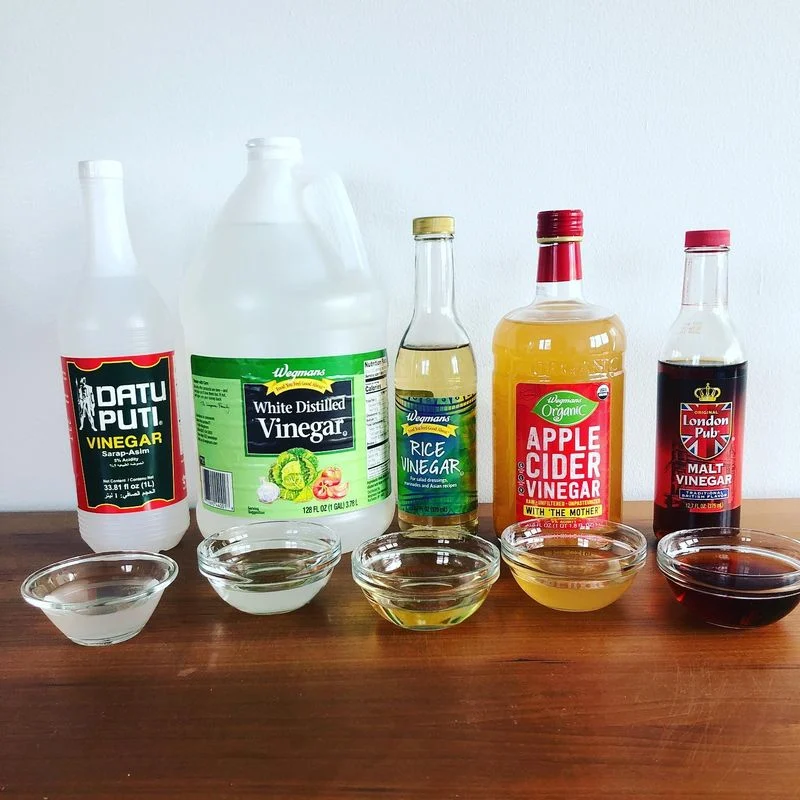
Vinegar, often feared for its acidity, can be a gardener’s friend when used wisely. This household staple enhances soil pH for plants that crave acidity, like azaleas and blueberries.
Dilute it with water and apply carefully to avoid harming other plants. It also acts as a natural weed killer, helping maintain a neat garden space. Vinegar’s versatility makes it a surprising yet valuable tool in plant care.
Hair Clippings
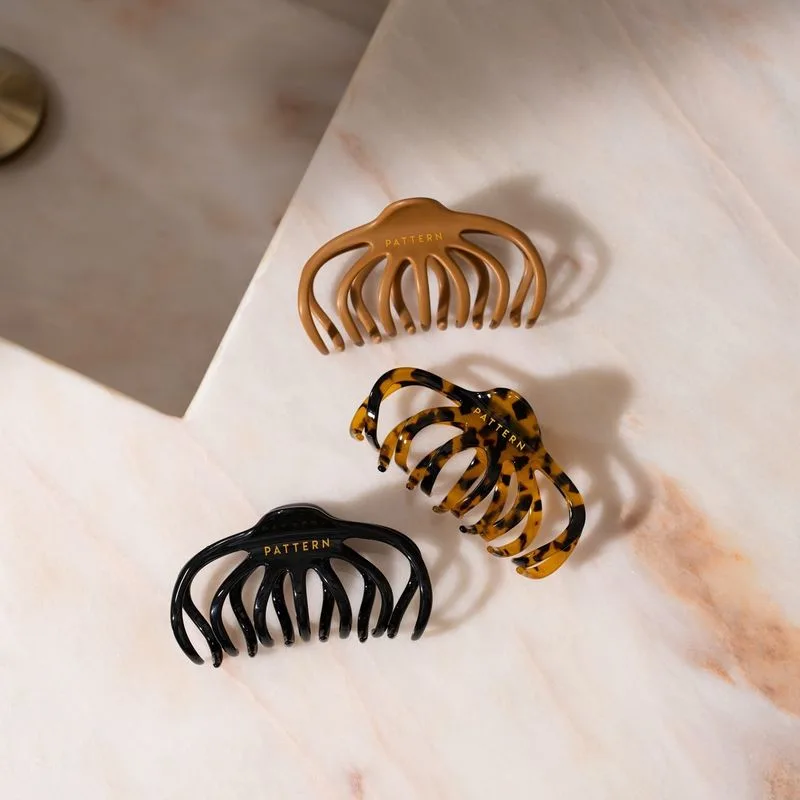
Hair clippings, typically discarded, can enrich your garden soil. As they decompose, they release nitrogen, a crucial nutrient for strong plant growth. This natural source of fertilizer is both renewable and sustainable.
Scatter clippings around your plants, and they act as a barrier against pests, particularly slugs. It’s a quirky yet practical way of recycling, turning a grooming byproduct into a gardening boon.
Baking Soda
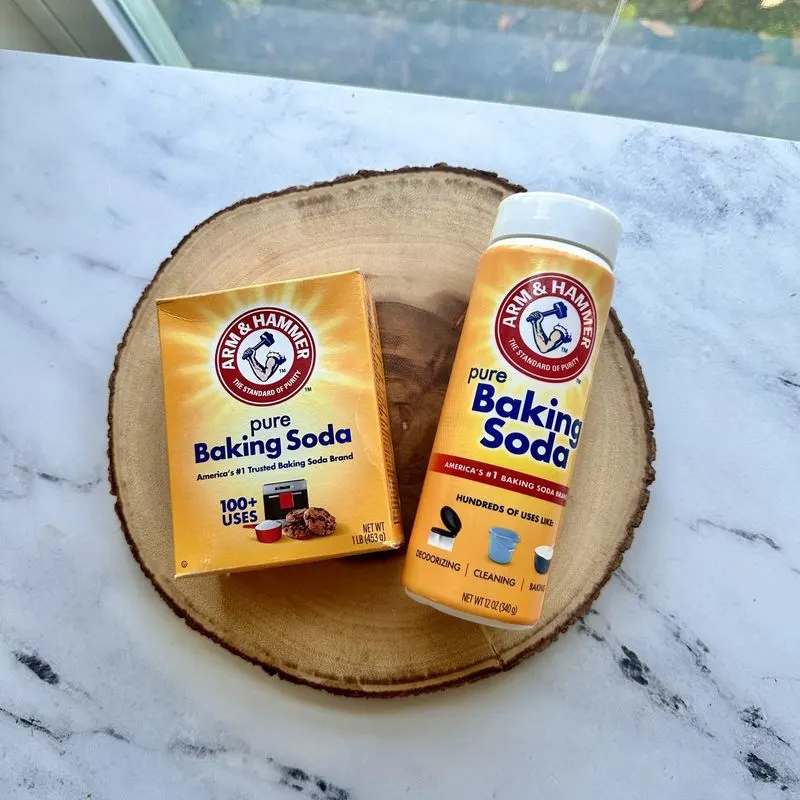
Baking soda is more than a kitchen staple; it’s a gardener’s secret weapon. Known for controlling fungal issues like powdery mildew, its application keeps plants healthy and vibrant.
Mix it with water and spray it on affected plants, and watch the fungal foes retreat. Additionally, it can sweeten tomatoes by reducing soil acidity. Baking soda’s multi-purpose nature makes it an invaluable addition to your gardening toolkit.
Beer

Beer, surprisingly, has a place in the garden beyond your backyard barbecue. Its yeast content attracts and traps slugs, protecting tender plants from these pests. This natural slug trap is both effective and environmentally friendly.
Pour a little into shallow containers and place them around your garden. The slugs are drawn to the yeast, sparing your plants. Beer turns into an eco-friendly pest control solution, proving that a cold brew can do more than quench thirst.
Charcoal
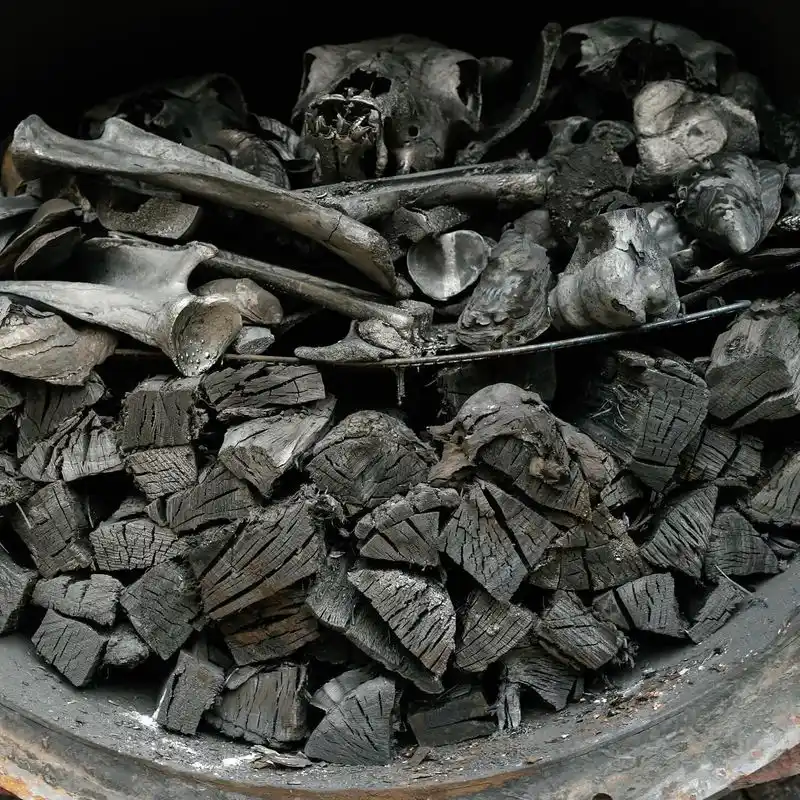
Charcoal isn’t just for grilling; it improves soil health by enhancing drainage and adding essential minerals. Its porous structure allows for better air and water flow, crucial for root development.
Mix it into your garden beds, and watch your plants benefit from its conditioning properties. Charcoal also helps in reducing soil acidity, making it a versatile tool for various gardening needs. Embrace it as a soil booster, not just a barbecue essential.
Wood Ash
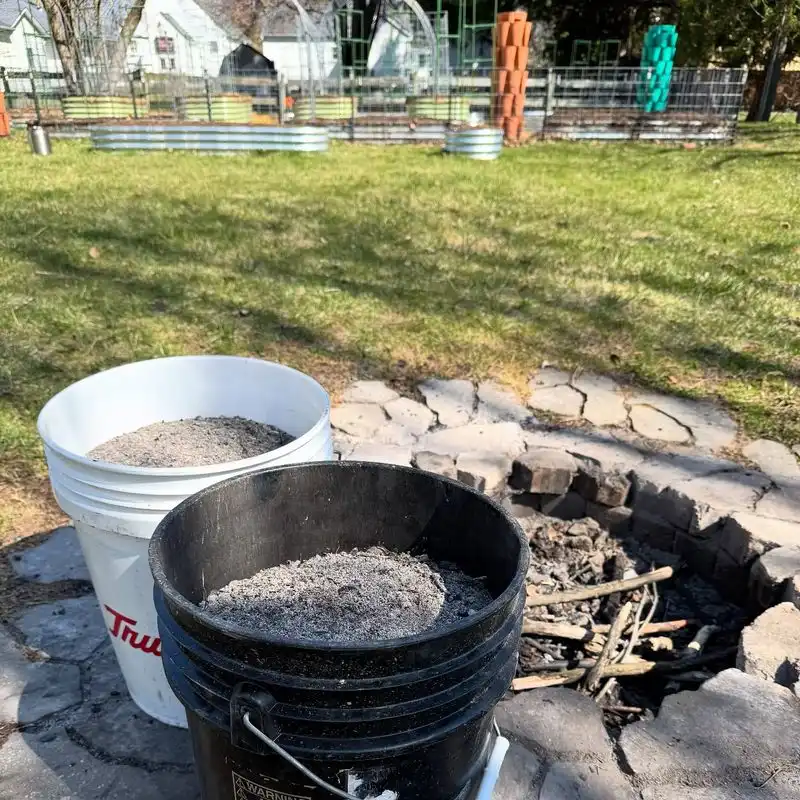
Wood ash, a byproduct of cozy firesides, is a powerhouse of nutrients. Rich in potassium and lime, it enhances soil fertility and neutralizes acidity. Plants that prefer alkaline conditions, like spinach and beans, thrive with wood ash.
Sprinkle it lightly around your garden, ensuring even distribution. Its nutrient-rich nature supports robust growth, proving that what’s left behind from warmth can also bring life to your plants.

